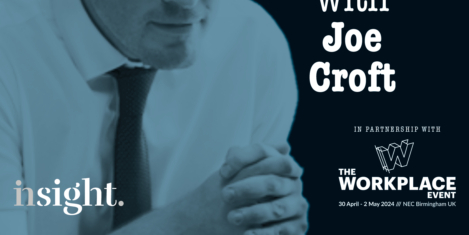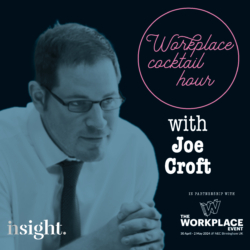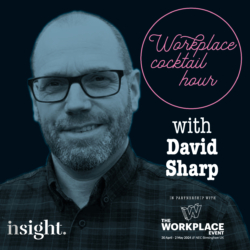March 14, 2024
Digital communication tools are a constant source of workplace strife
 A new poll of 4,000 knowledge workers in the UK, US, Germany and Australia suggests that digital communication tools are a constant source of strife in the workplace, especially between different generations of people. The poll from the Adapatavist Group, Mind the generational gap, was co-authored by Dr. Eliza Filby, a Historian of Generational Evolution. With half of companies now employing three or more generations, the report claims to reveal a pressing need for clear digital communication guidelines to support effective collaboration and workplace efficiency among diverse age groups. While highlighting areas of intergenerational friction, it also revealed large areas of mutual understanding and cooperation. More →
A new poll of 4,000 knowledge workers in the UK, US, Germany and Australia suggests that digital communication tools are a constant source of strife in the workplace, especially between different generations of people. The poll from the Adapatavist Group, Mind the generational gap, was co-authored by Dr. Eliza Filby, a Historian of Generational Evolution. With half of companies now employing three or more generations, the report claims to reveal a pressing need for clear digital communication guidelines to support effective collaboration and workplace efficiency among diverse age groups. While highlighting areas of intergenerational friction, it also revealed large areas of mutual understanding and cooperation. More →













































March 1, 2024
Navel gazing may not be the answer to the challenges facing workplace professions
by Mark Eltringham • Comment, Facilities management, Workplace, Workplace design
An adherence to strongly held beliefs can make people think and behave in peculiar ways and get them tangled up in peripheral issues that take on a great deal of significance. Early religious artists, for example, spent centuries wrestling with the seemingly intractable problem of whether to depict Adam and Eve with belly buttons or not. More →